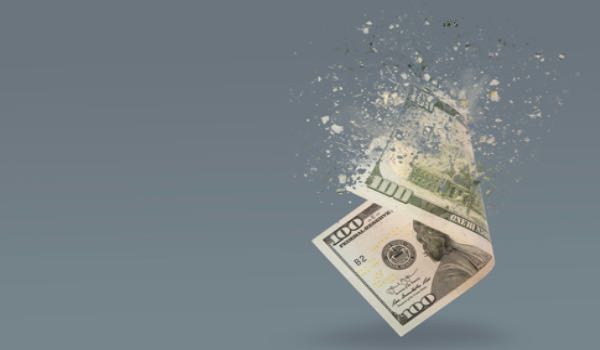


NEW YORK - The new normal many advanced economies and emerging markets must reckon with is higher inflation and slowing economic growth. One big reason for the current bout of stagflation is a slew of negative aggregate supply shocks that have curbed production and increased costs, asserts Nouriel Roubini, professor emeritus of Economics at New York University’s Stern School of Business, and chief economist at Atlas Capital Team, an asset-management and fintech firm hedging against inflation and other tail risks.
This should come as no surprise, in Roubini’s view. COVID-19 has tipped many sectors into lock down, disrupted global supply chains, and produced an apparently persisting reduction in labor supply, especially in the United States. Then came Russian incursions into Ukraine, which have driven up the price of energy, industrial metals, food, and fertilizers, and China’s sweeping COVID-19 lockdowns in major economic hubs such as Shanghai, that have caused additional supply-chain disruptions and transport bottlenecks.
Even without these important short-term factors, the medium-term outlook would be darkening, in Roubini’s view. Many reasons prompt worries that today’s stagflationary conditions will continue to stamp the global economy, yielding higher inflation, lower growth, and possibly recessions in many economies.
For starters, since the global financial crisis, a retreat from globalization and a return to various forms of protectionism has been evident, Roubini notes. This refl
The content herein is subject to copyright by Project Syndicate. All rights reserved. The content of the services is owned or licensed to The Yuan. The copying or storing of any content for anything other than personal use is expressly prohibited without prior written permission from The Yuan, or the copyright holder identified in the copyright notice contained in the content. Continue with Linkedin
Continue with Linkedin
 Continue with Google
Continue with Google










 1490 views
1490 views







